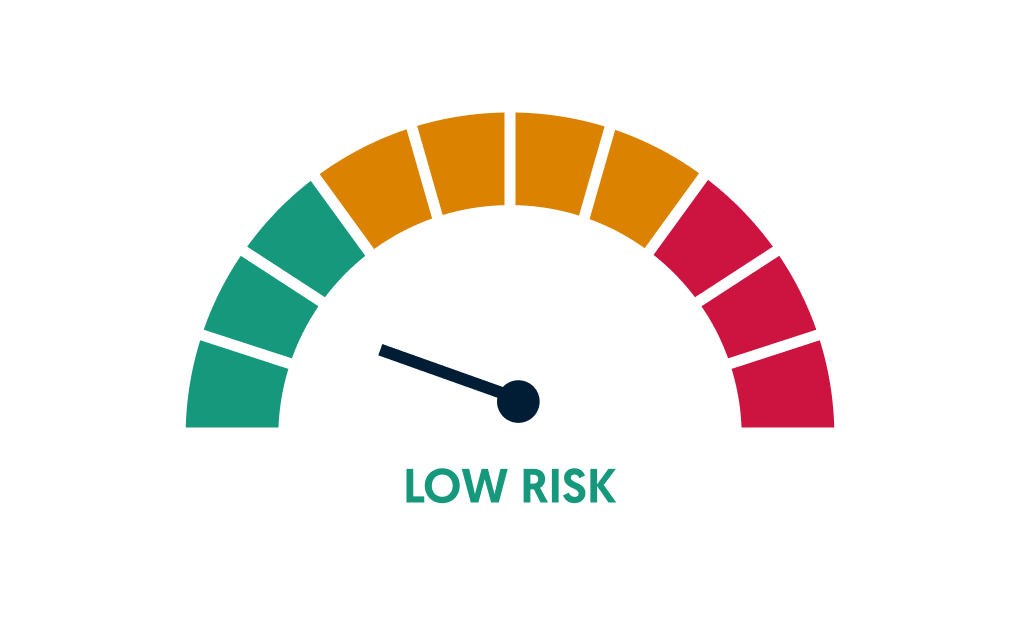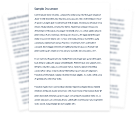Consignment Agreement
This Consignment Agreement is a legal document for a consignor to appoint a consignee for the sale of goods.
4.8 (26 reviews)
Last updated January 14, 2025
Under 10 minutes
Suitable for Australia
Written by Edwin Montoya Zorrilla
Reviewed by Damin Murdock
Document Overview
A consignor provides the goods to a consignee. The consignee sells these goods to customers. This is advantageous in situations where a consignor does not wish to deal with customers directly. Another advantage is that title for the goods does not pass onto a consignee.
How does a commercial Consignment Agreement work?
A consignment is when the consignor delivers their property to the consignee so that the consignee can sell the property. While the property is in the consignee’s possession, the consignor still retains ownership of the property. The property, or goods, will only become the final customer’s property after the consignee sells it.
This means you can request that your goods be returned to you at any point during the commercial relationship. For example, one such term would outline that you’ll remain the owner of your goods until your consignee confirms that the goods have been sold to another customer.
So to be a ‘commercial consignment’, the contract must meet the criteria as per the Personal Property Security Act 2009 (Cth). The contract will be a commercial consignment if:
- The consignor retains an interest in the goods that have been delivered to the consignee.
- They delivered the goods for the purposes of sale, lease, or another form of disposal.
- Both the consignor and consignee deal with these goods in the ordinary course of their businesses.
What are the benefits of a commercial Consignment Agreement?
There are a range of benefits from using a Consignment Agreement instead of selling the goods yourself. The benefits for a consignor include:
- Provides the consignor with a security interest – A security interest will secure the consignor’s rights if the consignee defaults on their obligations, such as through becoming insolvent. To ensure you receive this protection, make sure to register your interest under the terms of the PPSA
- Provides a mechanism for the sale of high value or unusual goods
- Allows for consignees to have possession to sell the goods without causing significant risk to the consignor
- Another party will do the majority of the work finding a buyer
- If a buyer isn’t found, they can organise for their goods to be returned to them
- There are no restrictions on what goods can be sold using a Consignment Agreement
- They will retain ownership of their goods while a buyer is being found
- In the case of an agency sale, they can still maintain control over the final sale price of the goods
The Legal Risk Score of a Consignment Agreement Template
Our legal team have marked this document as low risk considering:
- The consignee bears the risk of any loss or damage to the goods once they are delivered, which could lead to financial liability if the goods are damaged or lost before they can be sold or returned.
- The title of the goods remains with the seller until specific conditions are met, making the consignee responsible for the goods without owning them, which can complicate matters if there are issues with the goods or their sale.
- The consignee is restricted from modifying, misrepresenting, or dealing with the goods in ways not stipulated by the agreement, limiting flexibility in handling the goods which could affect operational strategies.

Consignment Agreement Checklist
Complete your free Consignment Agreement with our checklist
Ensure Proper Execution of the Agreement
Both parties should sign and date the agreement to formally acknowledge and accept the terms outlined.
Register the Security Interest
If applicable, the consignee should assist the seller in registering the security interest on the Personal Property Securities Register as required.
Communicate and Document Sales
The consignee must promptly report and remit payment for any sales of the goods to the seller as specified in the agreement.
Plan for Unsold Goods
Prepare to return any unsold goods within the specified timeframe to avoid unnecessary costs or breaches of the agreement.
Use this Consignment Agreement if:
- You wish to have a consignee sell goods for you, or
- You wish to sell goods on behalf of the consignor
What does this Consignment Agreement cover?
- Agreement to sell
- Events upon sale
- Sale or return
- Title
- Risk
- Consignees obligations in relation to Goods
- Personal Property Securities Act (Cth) 2009 (PPSA)
Further information:
View Sample Consignment Agreement
It's never been so easy
Sign-up to a free Lawpath account
Get started and we'll take care of you. It's that easy.
Browse our 500+ legal documents
Browse our 500+ legal documents to find the perfect match to cover your business needs. We've got Compliance, Employment, Service agreements and more.
Collaborate with e-Sign and Sharing
Having access to your legal documents has never been easier. You can request e-signature, share the document and download for an efficient collaboration.
Create unlimited legal documents and eSignatures for only $39/month.
Upgrade to a Lawpath legal plan to boost your new business.


Here's what people say about Lawpath's Consignment Agreement
Reviews are managed by BazaarVoice and comply with the BazaarVoice Authenticity Policy. Reviews are independently verified by BazaarVoice and detail our customers' real experiences.
0 reviews
Most Recent
Highest to Lowest Rating
Lowest to Highest Rating

